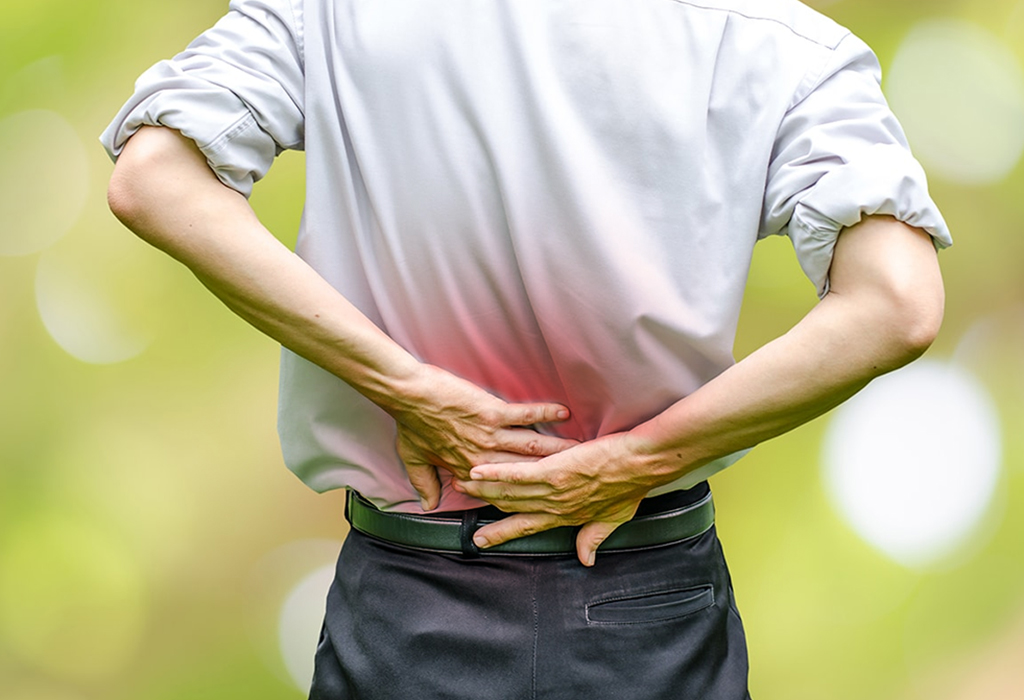What is a slipped disc?
- The disc is the jelly that is present between the bones in your spine and acts as a shock absorber
- When this jelly is squeezed out, it is called a slipped disc
- It can also be referred to as a herniated disc, prolapsed intervertebral disc or disc bulge
- It can press on the nerves in your neck or back

What problems can it cause?
- It can cause back pain or neck pain of varying intensity and duration
- When it pinches a nerve, it can cause pain which is felt from the neck or the back all along the path of the nerve
- The pain is called sciatica when it happens in the leg
- If severe, it can cause reduced sensation in some parts of the arm or leg. It can also cause weakness of some muscles
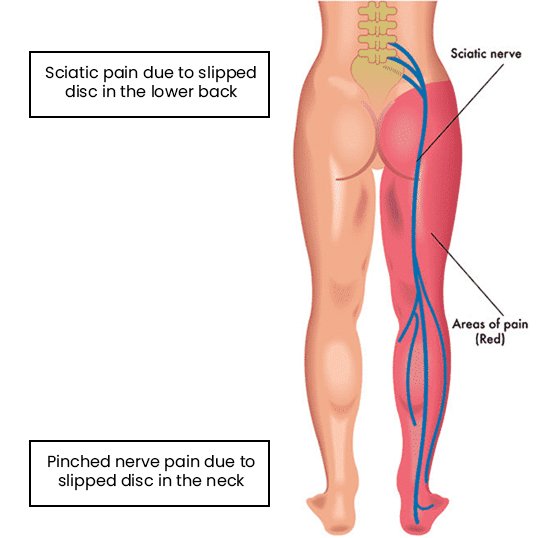

What is cauda equina syndrome?
- Very rarely, less than 2% of the time, the slipped disc can be big enough to compress the nerves that control your urinary bladder and anal sphincter. In this condition called cauda equina syndrome, you may feel change in sensation around your genitals or back passage, weakness and pain in both legs, disturbance of urine / bowel control or inability to pass urine.
- This condition usually requires emergency surgical management
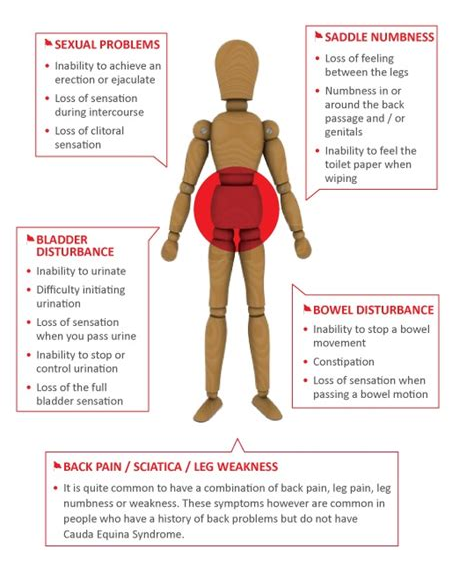
Will I need surgery?
- Thankfully, the vast majority of people (>90%) with a new onset slipped disc recover spontaneously from their symptoms within a period of 6 to 8 weeks
- If symptoms are mild, all you require is supportive treatment such as physiotherapy and medication to relieve back pain and nerve pain
- If you have symptoms such as weakness of muscles or urinary function disturbance, you may need urgent surgical care
What do I do?
- You can take simple medication
- Keep yourself as active as you can
- Avoid lifting heavy items and sporting activities which require heavy loading
- Prolonged bedrest is usually unnecessary and can be harmful
How is the diagnosis made?
- This can be made on clinical grounds by your doctor. Usually, you need an MRI scan to confirm this diagnosis
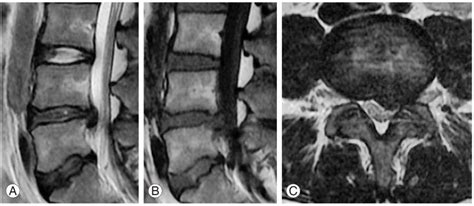
When is surgery recommended?
- Surgery is usually recommended if your nerve pain has not resolved with medication.
- It is also recommended when symptoms are severe, such as weakness, or if there is cauda equina syndrome
- This surgery is called discectomy and can be done by various techniques, including keyhole surgery or endoscopic surgery
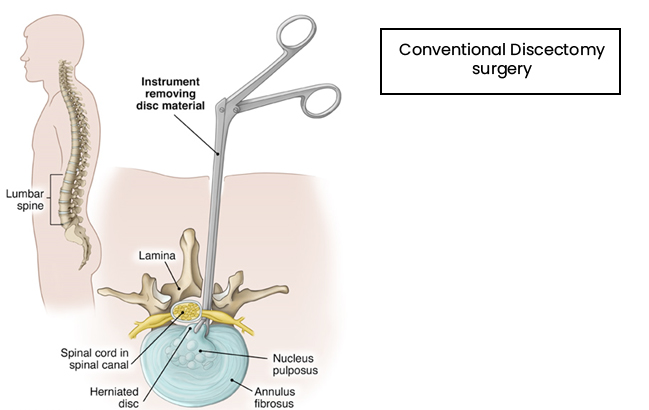
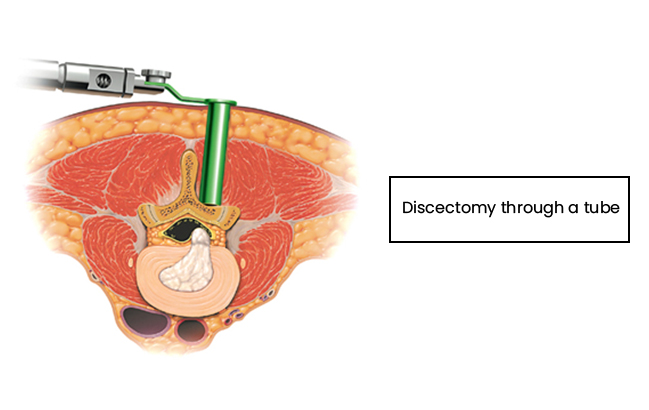
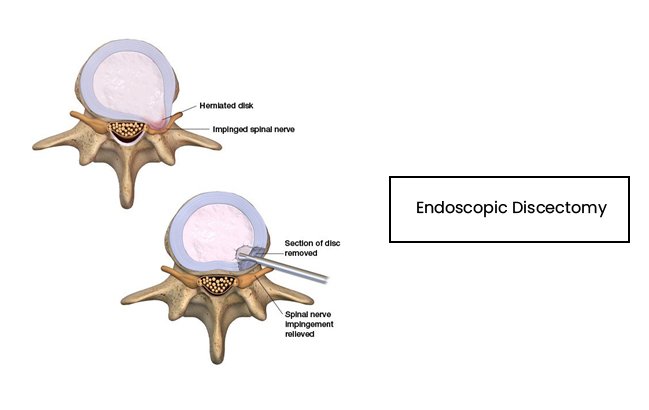
How can I prevent a slipped disc?
- Stay active with regular exercise for your back, in particular – swimming, cycling, yoga, Pilates etc.
- Use safe technique for lifting items
- Avoid smoking

